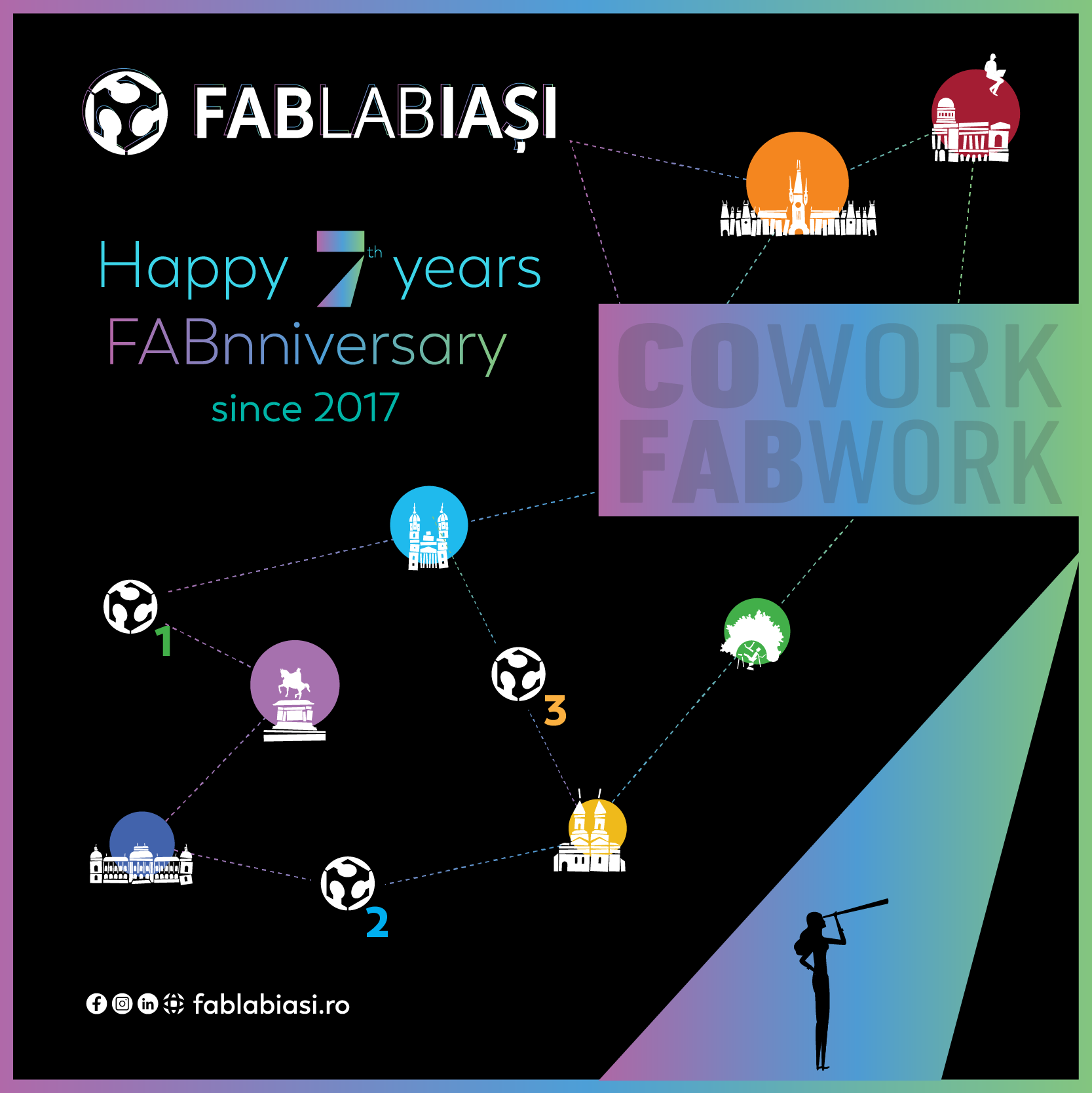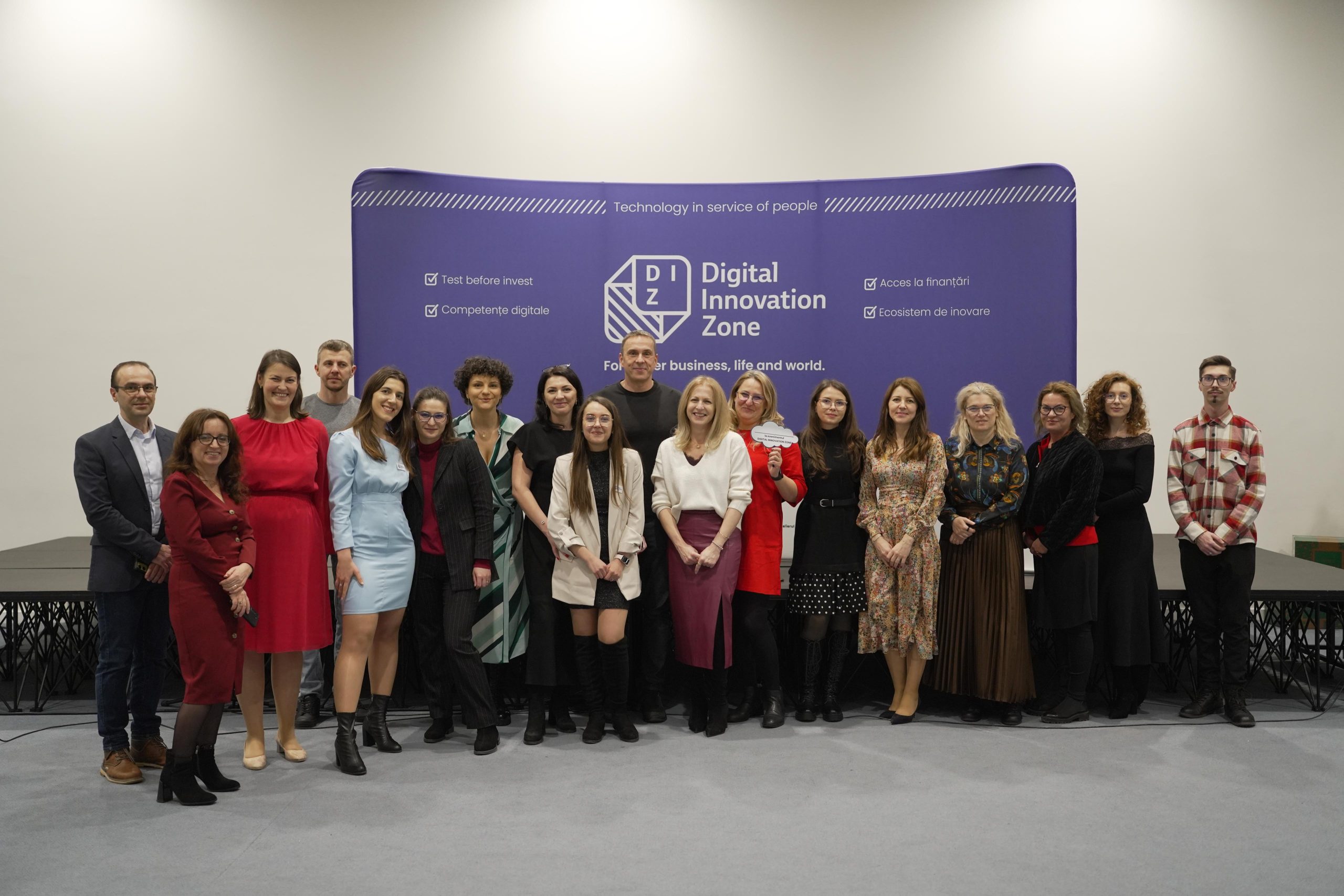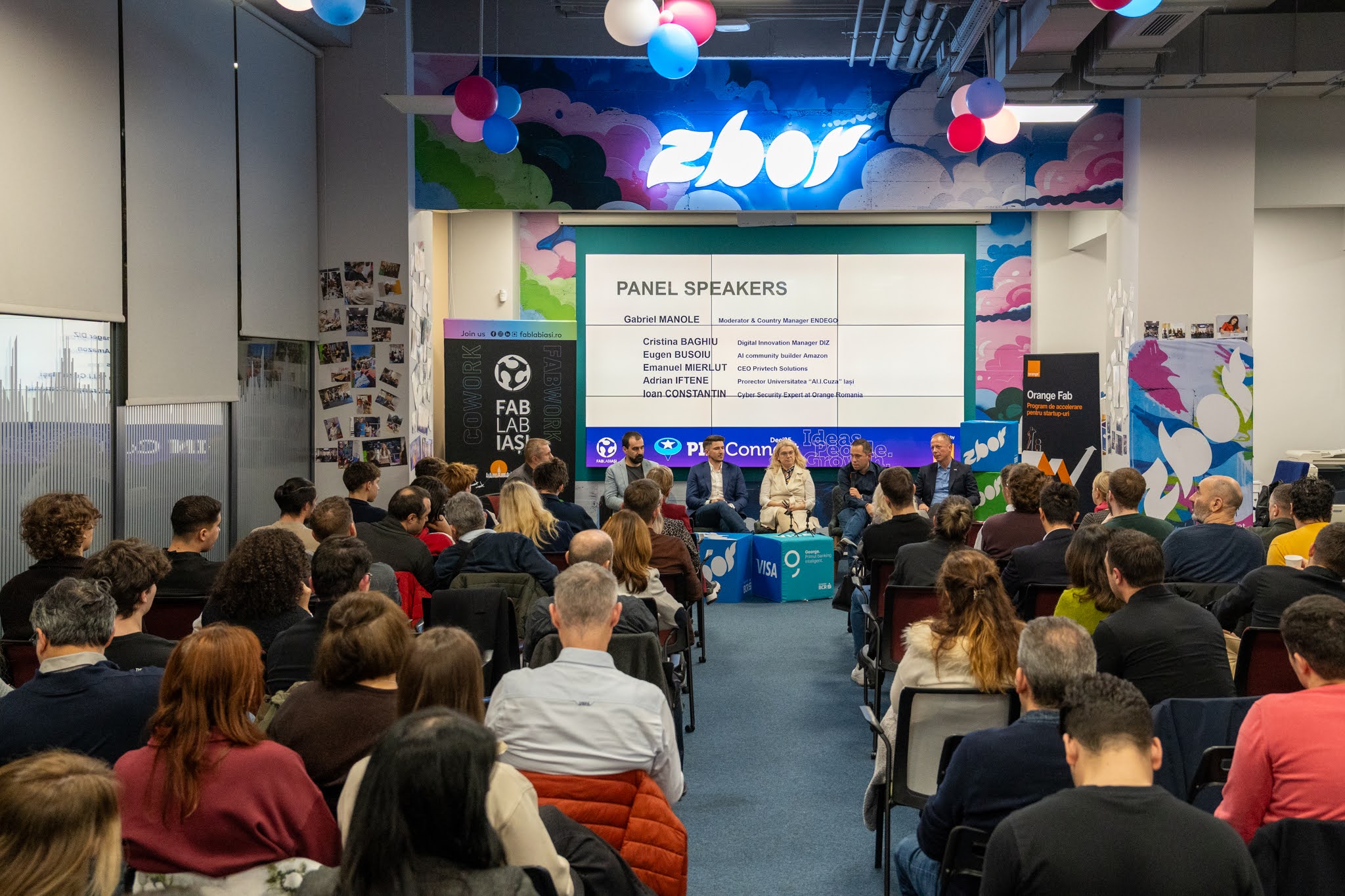When the Machines Got Emotional – and Why I Didn’t Panic
Twenty years ago, I wrote my first line of code. I didn’t know then that I’d spend the next decade in leadership, navigating not only systems and software but also people – each with their quirks, strengths, fears, and hopes.
Back then, we were just beginning to talk about machine learning. Today, artificial intelligence writes code, drafts emails, diagnoses diseases – and now, apparently, outperforms us on emotional intelligence tests. A recent study by the Universities of Geneva and Bern found that AI scored 82% on an emotional intelligence test, compared to humans’ 56%.
I won’t lie: that statistic gave me pause.
But as the initial unease wore off, I reminded myself of something essential – something human. When a team member walks into my office, overwhelmed by a looming deadline, I don’t just recognize stress on their face. I feel it. I remember what it’s like to be in their shoes. I can sit with their discomfort because I’ve been there myself.
AI may recognize emotional cues. It may even simulate empathy convincingly. But real empathy? The kind that connects past to present, heart to heart? That’s something no algorithm can replicate.
That’s when it hit me: in this age of accelerating AI, our most vital skills aren’t becoming obsolete – they’re becoming irreplaceable.
Leadership, the Human Way
If you have been leading a team/group of people for long enough, you’ve probably discovered this truth the hard way: being brilliant at your job doesn’t always make you a great leader.
I’ve seen incredible developers struggle when promoted into management. Why? Not because they lacked technical knowledge – but because they hadn’t yet learned to connect. On the flip side, I’ve watched quieter, less technically dominant team members flourish as leaders. They knew how to sense tension in a room before anyone spoke. They knew how to make others feel seen.
Leadership, I’ve learned, isn’t just about optimizing processes. It’s about creating a space where people feel safe to speak, to fail, to grow. Emotional intelligence isn’t a bonus skill – it’s the foundation of effective leadership.
And once I began focusing on that foundation, everything changed.
The Day I Stopped Talking to Myself
There was a time I believed that if I could just articulate clearly, I’d be a great communicator. So I gave the same pep talks, sent the same types of emails, delivered the same kind of motivational energy – no matter who was in the room.
Spoiler: it didn’t work.
What did work was a powerful framework I discovered during one of my most challenging leadership phases: the Process Communication Model (PCM). It introduced me to six personality types we all carry in different proportions: Thinker, Persister, Harmonizer, Promoter, Imaginer, and Rebel.
Suddenly, I understood why my well-meaning speeches weren’t landing. One developer, for example, who often challenged my ideas, wasn’t being difficult – she was a Thinker, wired to seek structure and logic. She needed clarity and precision, not passion.
Then there was a designer who often withdrew in meetings. At first, I thought he was disengaged. But PCM helped me realize he was an Imaginer, someone who thrives with space and solitude. Once I adjusted my approach – less hovering, more autonomy – his creativity soared.
The biggest shift? I stopped expecting everyone to adapt to my communication style. Instead, I learned to flex to theirs – and in doing so, we finally began to speak the same language.
From Silence to Strength: Emotional Assertiveness in Action
Years ago, I led a project that collapsed under the weight of stress and silence. I saw the warning signs – burnout, disengagement, quiet resentment – but I ignored them. I thought emotions were messy, unprofessional. I thought staying “rational” made me strong.
That project failed. And I failed my team.
What I learned from that experience was invaluable: emotions aren’t distractions. They’re signals. Ignoring them isn’t strength – it’s avoidance.
That failure led me to Emotional Assertiveness (EA) – a practice of speaking up with honesty, empathy, and courage. Not shouting. Not sugarcoating. But saying what matters, when it matters.
Today, I speak up early and I ask the hard questions. I advocate for my team even when it’s uncomfortable. I’ve learned to express what I feel with respect, and to invite others to do the same.
Emotional assertiveness hasn’t just made me a better leader. It’s made me a better human.
Dancing with AI
These days, I work with AI, not against it. I let it handle the repetitive, data-heavy tasks so my team and I can focus on what humans do best: solving complex problems, strategizing, innovating and establishing real connections.
Someone still has to be the human in the loop – the one asking, Is this the right thing to do? Is it ethical? Is it serving real people?
That’s where emotionally intelligent leadership becomes critical. AI may help us go faster, but leaders help us go wiser.
A Moment That Stuck With Me
Last year, a junior developer came to me, worried that AI code generators would replace his job. His voice trembled. His concern was real.
I didn’t respond with a generic “AI’s just a tool” speech. Instead, I listened. I told him I, too, was unsure where this was all going. I acknowledged his anxiety without brushing it aside.
That conversation with the junior developer didn’t happen in isolation and it wasn’t the last of its kind. In times of rapid transformation, anxiety has a way of creeping into even the most capable teams. And honestly, it’s a normal response. When the ground shifts under your feet, it’s only human to worry about where you’ll land.
What I’ve learned is that there’s no one-size-fits-all reassurance. So I didn’t just offer the same speech to everyone. Instead, I tailored my approach, drawing on everything I’d learned from Process Communication Model (PCM) and Emotional Assertiveness (EA).
For some members of my team, I shared data, trends, and logical insights – grounding their fears with facts. Others needed something different: a reminder of their unique strengths and the value they bring. And a few simply needed space to be heard without interruption or quick fixes.
It wasn’t about having all the answers, it was about meeting each person where they were, with what they needed. That’s what helped us move forward together, with more trust and more resilience than before.
Why I Champion Human Skills as Essential Skills
If there’s one thing I’ve learned in this AI-powered world, it’s this: our human qualities – empathy, connection, communication – are not soft skills. They are essential.
At Heroic.Team, we invest in these skills every day. We talk about emotions openly. We explore the ethics of our work. We practice difficult conversations.
Because while AI can mimic human behavior, it can’t be human. And that’s where we hold the edge.
The future of leadership isn’t about replacing humans with machines. It’s about equipping humans to lead with wisdom, empathy, and adaptability – so we can build technology that reflects the best of who we are.
That’s the kind of leader I aim to be, every day.
By Cristian Graunte, Founder & Master Trainer @ Heroic.Team LLC






























